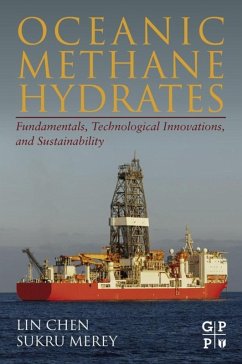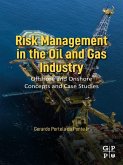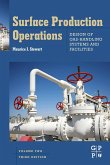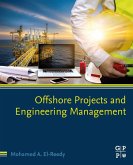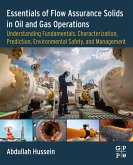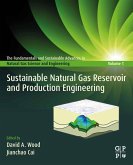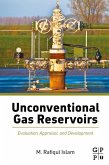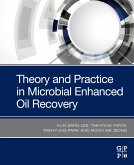Methane hydrates are still a complicated target for today's oil and gas offshore engineers, particularly the lack of reliable real field test data or obtaining the most recent technology available on the feasibility and challenges surrounding the extraction of methane hydrates. Oceanic Methane Hydrates delivers the solid foundation as well as today's advances and challenges that remain. Starting with the fundamental knowledge on gas hydrates, the authors define the origin, estimations, and known exploration and production methods. Historical and current oil and gas fields and roadmaps containing methane hydrates around the world are also covered to help lay the foundation for the early career engineer. Lab experiments and advancements in numerical reservoir simulations transition the engineer from research to practice with real field-core sampling techniques covered, points on how to choose producible methane hydrate reservoirs, and the importance of emerging technologies. Actual comparable onshore tests from around the world are included to help the engineer gain clarity on field expectations.Rounding out the reference are emerging technologies in all facets of the business including well completion and monitoring, economics aspects to consider, and environmental challenges, particularly methods to reduce the costs of methane hydrate exploration and production techniques. Rounding out a look at future trends, Oceanic Methane Hydrates covers both the basics and advances needed for today's engineers to gain the required knowledge needed to tackle this challenging and exciting future energy source.
- Understand real data and practice examples covering the newest developments of methane hydrate, from chemical, reservoir modelling and production testing
- Gain worldwide coverage and analysis of the most recent extraction production tests
- Cover the full range of emerging technologies and environmental sustainability including current regulations and policy outlook
Dieser Download kann aus rechtlichen Gründen nur mit Rechnungsadresse in A, B, BG, CY, CZ, D, DK, EW, E, FIN, F, GR, HR, H, IRL, I, LT, L, LR, M, NL, PL, P, R, S, SLO, SK ausgeliefert werden.

